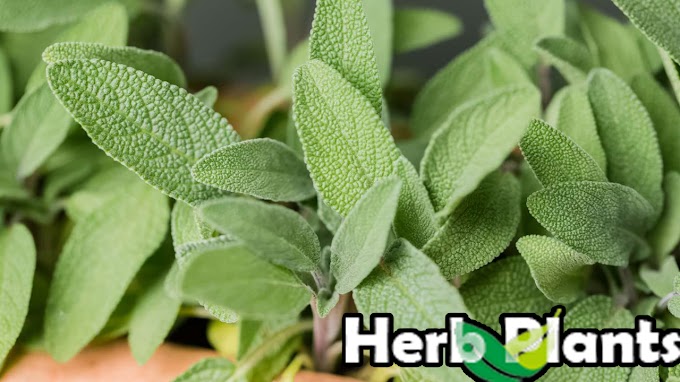Picture this: you're strolling down a tree-lined street, and suddenly you're captivated by a mesmerizing sight. The leaves above you are a vibrant shade of green, and they seem to flutter in the gentle breeze like delicate fans. As you look closer, you realize that these leaves are unlike any you've seen before – they're shaped like fans with notches that radiate outwards. You've just encountered the captivating world of the Ginkgo plant, a true living fossil that bridges the gap between prehistoric times and the present day. Let's embark on a journey to uncover the secrets and wonders of the remarkable Ginkgo plant.
The Ginkgo's Time-Traveling Tale
Imagine stepping back in time, way back to the era of dinosaurs. The Ginkgo plant has been around for over 200 million years, making it one of the oldest surviving species on Earth. This botanical marvel predates flowering plants and even the mighty T-Rex. When you gaze upon a Ginkgo, you're looking at a piece of living history, a direct link to the age of the dinosaurs.
Leaves That Dance with the Seasons
One of the most enchanting features of the Ginkgo is its leaves. Shaped like elegant fans, they elegantly flutter in the breeze. As if that wasn't intriguing enough, these leaves hold a secret burst of magic – they change color in the most mesmerizing way. When autumn arrives, Ginkgo leaves transform into a dazzling symphony of gold and amber, turning the ground below into a carpet of glistening hues. This annual transformation is a breathtaking reminder of the passage of time.
A Resilient Survivor
The Ginkgo tree has a remarkable ability to withstand the test of time and nature's challenges. It survived not only the catastrophic events that wiped out countless species, including the dinosaurs, but also urbanization and pollution. In fact, Ginkgos are often planted in urban areas because of their resilience to pollution and disease. These trees have an uncanny knack for adapting and thriving in the face of adversity, a quality we could all learn from.
The Curious Case of the Ginkgo's Seeds
Now, let's dive into the enigmatic world of the Ginkgo's seeds. If you've ever come across these seeds, you'll know they bear an uncanny resemblance to a tiny apricot. What's truly perplexing, however, is the unique odor they emit. Some people find the smell reminiscent of rancid butter or even stinky cheese. It's a scent that has sparked both fascination and repulsion, but it serves a purpose. The foul odor is thought to deter predators, ensuring that the seeds remain untouched and free to sprout into new Ginkgo trees.
Ginkgo's Healing Touch
Beyond its mesmerizing aesthetics, the Ginkgo plant is also celebrated for its potential health benefits. Extracts from Ginkgo leaves have been used in traditional medicine for centuries, particularly in Eastern cultures. These extracts are believed to support cognitive function, improve blood circulation, and act as potent antioxidants. While scientific research is ongoing, the Ginkgo's potential to contribute to our well-being adds another layer of wonder to this ancient tree.
The Evolutionary Puzzle
Scientists around the world are still piecing together the evolutionary puzzle of the Ginkgo plant. Its unique characteristics, such as the fan-shaped leaves and distinct seeds, have left researchers scratching their heads. How did this species survive for millions of years virtually unchanged? What secrets lie within its genes? Unraveling these mysteries could offer insights into the natural world's ability to adapt and endure.
As we wrap up our journey into the captivating world of the Ginkgo plant, we invite you to share your thoughts in the comments below. Have you ever encountered this living fossil? Were you mesmerized by its golden autumn display? Do you find the peculiar odor of its seeds intriguing or off-putting? Let's keep the conversation going and continue to marvel at the wonders of the natural world. If you've enjoyed this exploration, consider supporting our efforts by using the support button – your contribution helps us bring more engaging content to you.




0 Comments